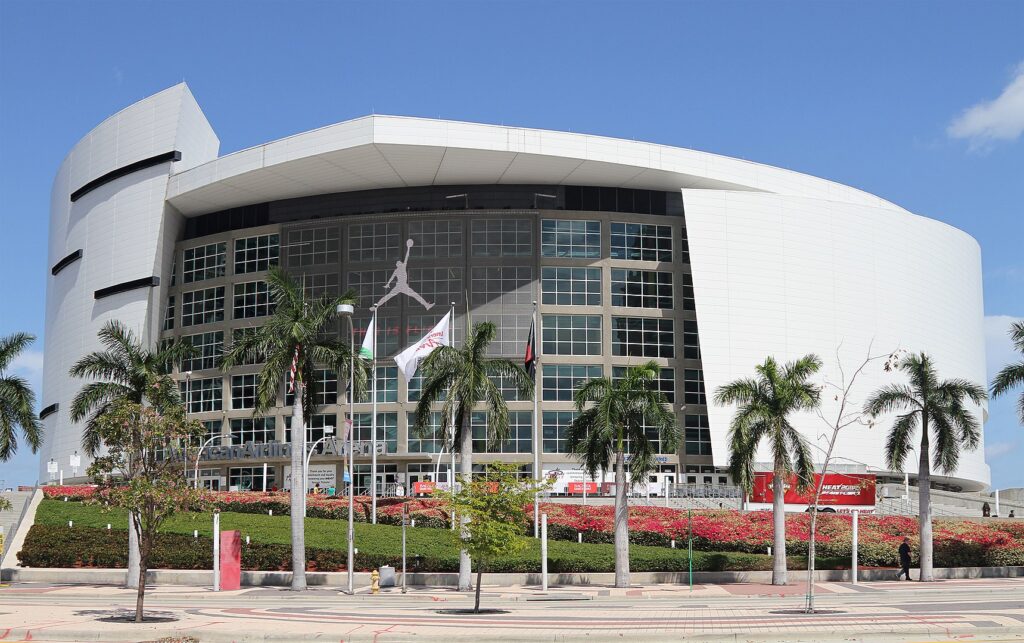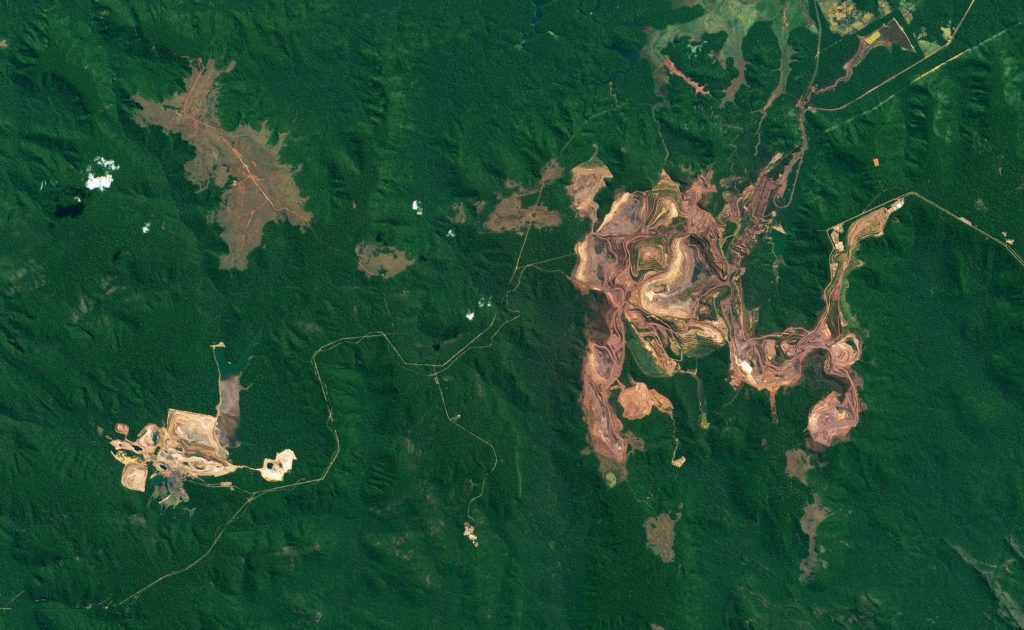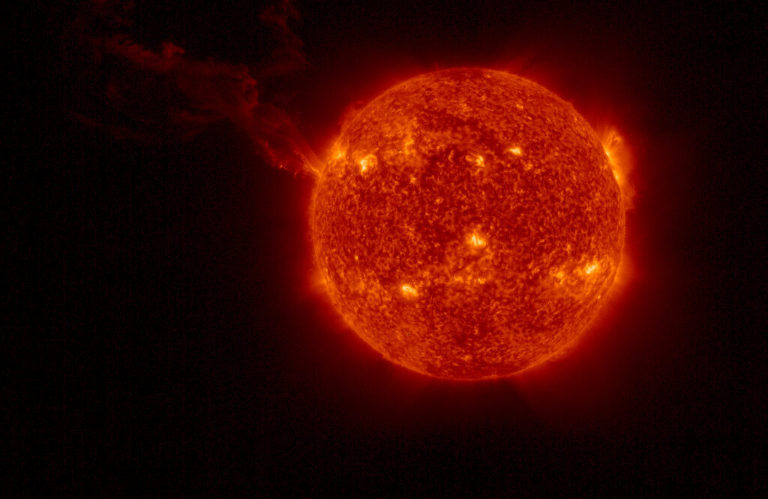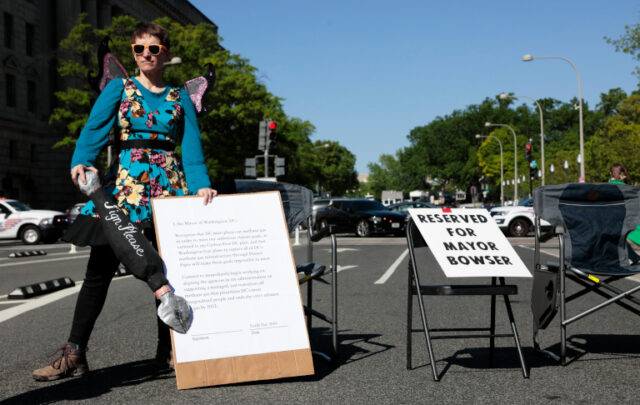With zero irony the New York Times published an article recently on America’s obsession with billionaires (for their special Money issue) and then proceeded to write several more articles about billionaires that week. Our fascination with billionaires isn’t new, the article explains. Since the 1800s, stories about characters going from rags-to-riches have been incredibly popular.1 We long for this magic to happen to us—that’s why so many people buy lottery tickets, gamble, day-trade, or invest in speculative currencies (and even NFTs). Many hope to get rich quick (or go broke trying).
I recognize this is a temptation for nearly everyone. Being rich fascinates us. We envy those who have wealth. As with the ring of power, some crave wealth to dominate or to live luxuriously. Others may have nobler aims to help society or the planet—and yet as Gandalf warns when offered the ring, even the noblest have difficulty staying uncorrupted.

“The way of the Billions to my heart is by pity, pity for weakness and the desire of strength to do good. Do not tempt me!” (Still from The Lord of the Rings and Patrick Pascal Schauß via Pixabay)
It’s obvious that being filthy rich is in direct conflict with a sustainable future. And not just because of how the wealthy consume, though that’s an enormous issue. Today the top 1% have twice as much wealth as the poorest 6.9 billion people. And as numerous papers have revealed “wealth is the strongest determinant of global environmental impacts.” To the point where George Monbiot argues that “the very wealthy, almost as a matter of definition, are committing ecocide.” One paper mapped out the impacts of superyachts, superhomes, luxury cars, and private jets—status symbols of the 1% (or necessities, perhaps, from their perspective)—and it wasn’t pretty. Private jets, for example, produced 56 million tons of CO2 in 2014, placing these flights 56th in terms of emissions, just after Peru, if they were a country.
The Potential Energy of Money
As terrible as this is, there’s also a deeper issue to explore. Those billions could be used in far better ways than they are. Another of the Money issue articles is a hilarious cartoon about Jeff Bezos and how amazingly rich he is. If his wealth was heat he’d be as hot as the core of the sun (27,000,000°F). Mitch McConnell would be a pizza oven (900°F), and the median American household would be sweater weather (52°F). So far Bezos has only given away 1.2% of his $172 billion and is making money faster than he can spend it, even as he’s promised to give away billions.

The Solar Orbiter captures a solar eruption—like the small amounts of wealth erupting from Bezos. (Image from Solar Orbiter/EUI Team/ESA & NASA)
Even the “best” billionaires reveal this disconnect. Another New York Times billionaire article explores MacKenzie Scott, former wife of Jeff Bezos, who has committed to give away her entire fortune and is doing well at it (having given away $6.6 billion last year, more even than the Gates Foundation did that year). But as the article notes, as she uses a donor advised fund to distribute the wealth, there is little transparency in what she gives (other than what she chooses to share).2
Worse, it is easy for wealthy individuals to give to causes that are not “helping the world.” Now, I put that in quotations as I’m sure many philanthropists give thinking they’re doing good but some view that to be sowing the seeds of climate denial, reducing taxes on individuals and corporations, and dismantling public safety nets—like the Koch brothers, who, for example, gave more money from 2005-2008 to fight climate change legislation than ExxonMobil.
Almost as problematic is that billionaires—and there are now 2,668 of them—can choose not to give money away at all. Yet another recent billionaire profile—from Bloomberg Markets—profiled Sam Bankman-Fried, a student who gamed the early Bitcoin exchanges to create millions of dollars from air, literally buying Bitcoin in the US and selling it in Japan for 10% more on the same day and keeping the difference (making $20 million before the differential disappeared). He then went on to create FTX, a crypto exchange, and is now the world’s 60th richest person.3 The horrible irony is that this whole endeavor started because Bankman-Fried wanted to generate wealth to give it away to help as many people as he could—following the philosophy of ethicist Peter Singer.4 But so far he has given little away, less “than he’s spent on naming rights for the Miami Heat’s arena”—while stimulating demand for a horrifically unsustainable form of speculative currency. He may have meant well, but when will those billions be used to help people instead of keeping his money pile growing? Gandalf, you are indeed wise.
Root Causes
 $135 million spent on naming this means $135 million not spent on healing the environment, helping the poor, improving schools and so much more. (FTX Arena from Wikipedia)
$135 million spent on naming this means $135 million not spent on healing the environment, helping the poor, improving schools and so much more. (FTX Arena from Wikipedia)
I assume Bankman-Fried will eventually start giving his money away (or lose most of it when the cryptobubble pops), but will he, or any other billionaire, look truly systemically at the overshoot crisis and invest their billions wisely?
Ultimately, if we don’t degrow the human population and human economies and in that freed up ecological space invest in healing the ecological systems we so abused over the past three hundred years, efforts to improve public education, equality in all its forms, and nearly every other philanthropic priority will fail as human civilization buckles under Earth’s degraded systems. Perhaps those who inherited their wealth are more open to recognizing that than those who continue to generate their wealth from the current capitalistic system but considering the minimal philanthropic support of key sectors addressing civilizational collapse: degrowth, population, combating consumerism, nuclear non-proliferation, phasing out the car and making towns walkable/bikeable again (not moving to electric cars), and so on, it is clear this isn’t an optimal way to redistribute wealth.5
On Redistributing Wealth
The highlight from the Money issue was an interview with economist Thomas Piketty. Looking long-term, he is optimistic that societies are better distributing wealth and will continue to do so. He notes the history of Sweden—today a paragon of equality (at least from a western perspective)—but in 1910, 80% of the population couldn’t vote, while corporations could, and if you were rich you could have up to 100 votes! The US has its own history of progressive taxation with its 94% marginal income tax rate on the richest after World War II (and still 81% until 1980). Thus Piketty is optimistic that wealth redistribution and billionaire taxes are popular with progressives and conservatives and change is possible.
As Piketty notes, “All wealth is collective by nature in the sense that it relies on the work of hundreds, thousands, millions of engineers, technicians, the accumulation of knowledge. Then, private property is a social construction that we invent in order to organize economic and social relations.” Therefore, we need to recognize that and distribute wealth better. Strangely, Piketty gave credit to technicians and engineers, even educators, but not to Gaia. At the root, all wealth derives from a stable Earth system (and too much on the extracted resources/capacity of this system). Thus, redistribution is not even about fairness (though it is that too) but about repairing all the damage we’ve done in creating that wealth in the first place. Of course, that’s not yet part of the conversation, but it’s why Gaians, and all environmentally-minded peoples, must be concerned about this.

Iron ore mines in Brazil’s Carajás Mountains viewed from space. Another reminder that all wealth comes from Earth. (Image via NASA)
How to Get Involved
There are lots of organizations working to fight inequality. In fact, there’s even a website that lists them: inequality.org, including a diverse array of battles: from raising the minimum wage, to strengthening union rights, from reforming tax codes, to fighting the influence of billionaires and banks on the political process. Perhaps most important is reforming tax codes—a billionaire’s tax would be good, as would an expanded estate tax, as no one should inherit billions, or even fractions of billions of dollars.6 But of course, those with money fight against that,7 so fighting that influence is essential too. As Piketty notes, “This movement, which began with the French and U.S. revolutions, I think it is going to continue.” But that’ll only be true if the non-billionaires of the world take a stand, and fight for a more equitable and sustainable world.
Endnotes
1) Or 1697 if you include Cinderella on that list.
2) As the Scott article also notes, “The Giving Pledge is a public promise and little more. It has no donation schedules, no reporting requirements and no enforcement mechanisms.”
3) The New York Times also recently shared a “Times Classic” about a Eddie Tipton, a coder for the Hot Lotto, who hacked the lottery and made himself some millions (until he got caught). The difference between what he did and what Bankman-Fried did is cloudy, other than one being illegal and the other not. Both magically made money appear out of nowhere. And arguably Tipton did far less evil in the world, having not primed a massive crypto industry that has more ecological impact each year than the country of Finland.
4) As Singer notes, “Ethics is not just about what I actually do and the impact of that, but it’s also about what I omit to do, what I decide not to do. And that’s why questions about…what you spend your money on are also questions about what you don’t spend your money on, or what you don’t use your money to achieve.”
5) On a related but even more complicated note, what if the billions simply vanished rather than being redistributed? This wouldn’t need a Thanos-style intervention, but just as crypto created billions from nothing, are there mechanisms to do this (e.g. taxing the hell out of crypto so it becomes less valuable)? We have to remember that when money exists in concentrated forms the people who hold it invest it in businesses, which then invest in resource extraction, manufacturing, advertising (creating demand for their products and stimulating the broader desire to consume), and so on. Ultimately, this market-economy-on-hyperdrive must be reined in. Not appealing, especially to those with savings, investments, businesses, or billions, but the future of humanity and countless other species depends on it.
6) Also nice would be requiring donor advised funds to pay out as much as foundations each year, and increase minimum annual payouts of foundations to at least 10% (at least of larger foundations, say those with $25 million in assets). You can add your voice here to that effort.
7) And even those that are vocally supportive, for example Warren Buffet, do not contribute their resources to fighting for this, according to this other Money issue article.





